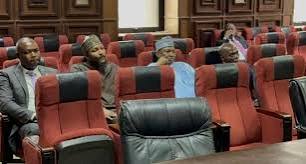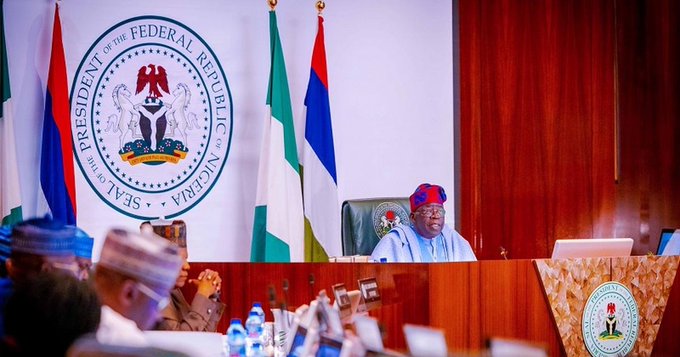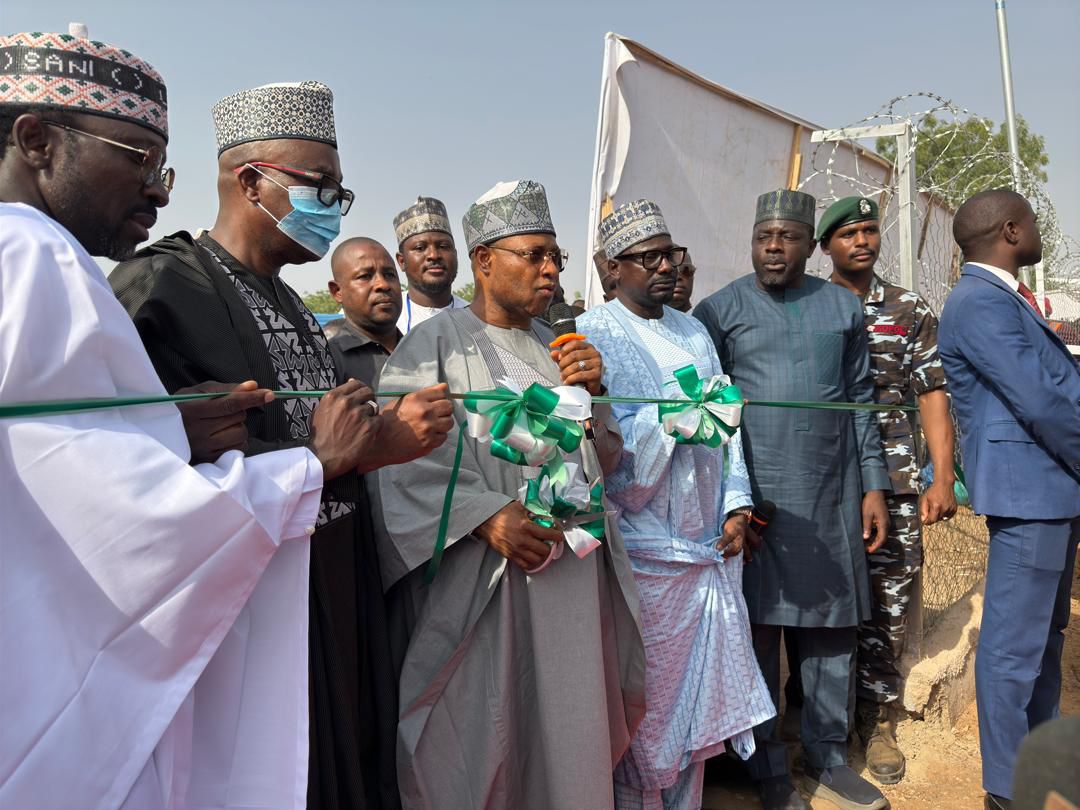The United Nations (UN) has pledged to work with Borno State governor and the Northeast Development Commission (NEDC) to resettle and address the challenges of about 2.2 million Internally Displaced Persons (IDPs) in the three North East states of Borno, Adamawa and Yobe ravaged by Boko Haram.
This was disclosed by the Assistant Secretary General of the UN, Robert Piper, who is also the Special Adviser to the UN Secretary General on Internal Displacement, when he led a UN delegation to visit the Managing Director/CEO of NEDC, Mohammed Alkali, in Maiduguri.
According to Piper, the essence of the visit is for the UN to learn how the state and the NEDC handled humanitarian crisis and see how it could support Governor Babagana Zulum of Borno, who has shown commitment to ensure that the citizens displaced mostly in 2011 by insurgency were resettled and reintegrated to their communities.
He stressed that the solution to displacement requires investment in infrastructure and health facilities that are functioning, and return of persons displaced from schools, with teachers showing up in classrooms.
“It is a long-term development enterprise, not a short-term emergency work. To me, NEDC is one of the instruments that holds the key. I believe you are a long-term investor after seeing your portfolio and plans, they are long-term structural business.
“When we think of the 2.2 million persons displaced in the North-East out of which 1.6 are from Borno State, we acknowledge that a lot of people are affected.
“They need to be on the move; they need to be reintegrated and join communities. We don’t invest exclusively in each family, but we lift the communities and neighbourhoods.
“So, the investment benefit is not just to the 2.2 million displaced persons, but to the communities where they live,” Piper said.
Responding, Alkali said he was amazed during a meeting between the UN and the governor when he heard Piper reveal the vision and concerns the UN had for the IDPs.
“We are also looking at how to protect the environment and restore IDPs’ livelihoods and other economic activities.”





































Leave a comment